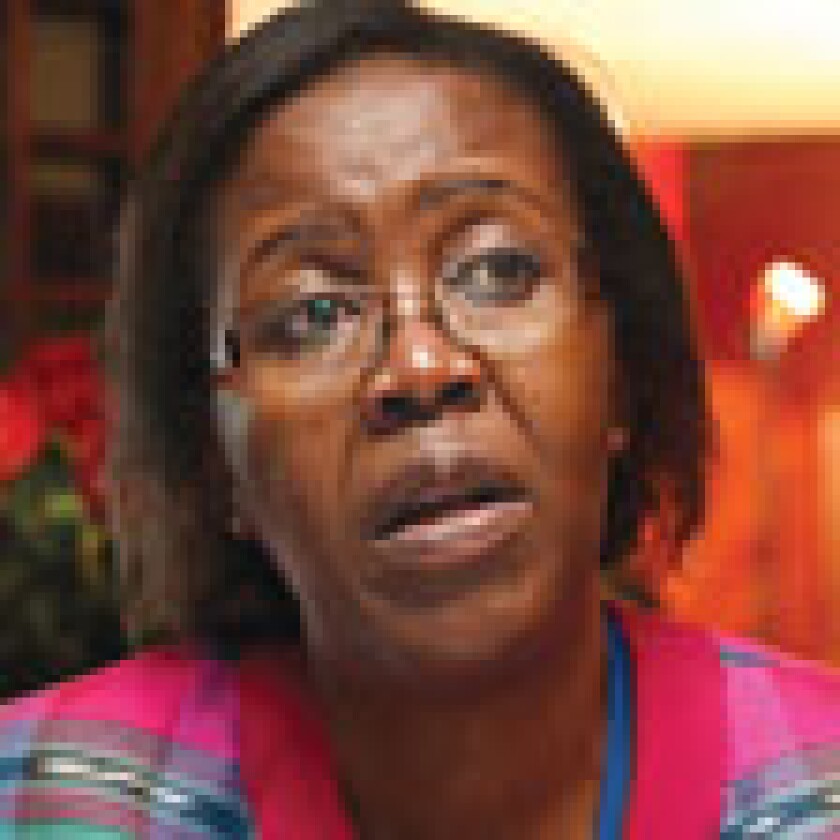New agricultural technologies, rather than money or food aid, are the key to saving millions from starvation as the African climate grows warmer, an expert commented on Thursday.
Lindiwe Sibanda, head of the Pretoria-based Food Agriculture and Natural Resources Policy Analysis Network, argued that the newfound political awareness that climate change and food security are inextricably linked is long overdue.
“It’s not new that farmers have been seeing their yields diminish, and it’s not a secret that our governments knew. But for a long time we were focusing on growing crops for export instead of growing our own food,” she told Emerging Markets.
In the past, money has been wasted on farm inputs that yielded no results. “Already, as a continent, we are not able to address our food needs, and with the advent of climate change it is only going to get worse.
“We need to breed more drought-tolerant cereal varieties, and we need to breed more rice varieties that are flood-tolerant.
“We also need to look at storage. Conservation agriculture is a must-do: we have to develop technologies that enable farmers to conserve moisture in the soil.
“The question is: do we have technologies on the shelf that farmers can take up? Do we have African private sector institutions that can make these technologies affordable? And do African governments have the required policy instruments?”
Africa will be hit hardest by climate change because of its dependence on rainfall for agriculture. Arid regions such as the Sahel are expected to experience longer periods of drought in coming years, while coastal regions are more likely to be battered by floods and tropical storms.
Climate change threatens to damage cereal crops, livestock herds and farmlands in nearly half of all sub-Saharan African countries. Even a 1° C rise in average temperature can reduce cereal production by nearly 10%, experts say.
Meanwhile the AfDB has been asked to help administer funds, due to be raised after the international climate change conference in Copenhagen, to help poor countries adapt to the impact of global warming.
Ethiopian Prime Minister Meles Zenawi, the African Union’s chief negotiator on climate change issues, approached the AfDB after the conference of ten African heads of state on the issue earlier this month in Addis Ababa.
Hela Cheikhrouhou, the AfDB’s director of clean energy and climate change, told Emerging Markets that Zenawi’s request “has triggered a flurry of activity within the bank. [We] are now in the design and set-up phase of the fund,” she said.
Meanwhile, NGOs and small businesses have complained that they were “left at the margins” of the climate change financing debate.
“The local banking network should receive incentives to help small businesses to implement green practices. Most of the time, these banks cannot assume such big risks on their own,” Eric Agnero, a business consultant and president of Greencast Africa, an Ivorian environmental NGO, said.
He questioned the wisdom of a decision to grant 1 billion CFA francs to the Ivorian agribusiness holding SIFCA to redesign its energy system, under the clean development mechanism of the Kyoto protocol, whilst small enterprises are largely kept at bay.
